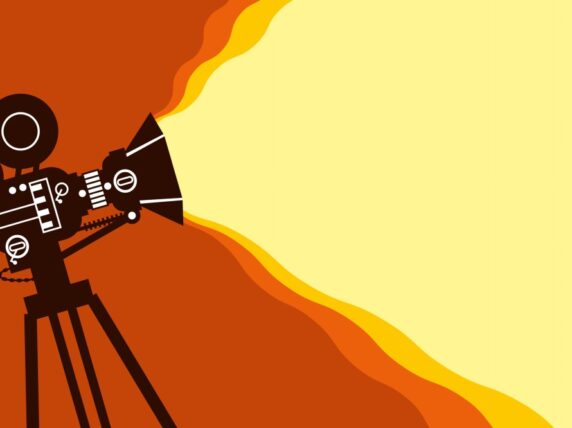Why is people-led storytelling now more important than ever?
Nobody likes someone else speaking on their behalf and putting words in their mouth.
However, this is exactly what happens every time we talk about community needs and experiences. Why do “professionals”feel they are better placed to tell someone else’s story than they are themselves? And why do we so often tell these stories seeking pity rather than justice?
At On Our Radar, we have wrestled with questions like these for over a decade – working with people to help amplify their voices and tell their own stories. We constantly reflect on our role and privilege, while trying to stay true to our manifesto.
We believe in the power of our Community Reporting model and have spent the past decade collaborating with communities across the globe – developing and honing our Community Reporting methodology, our co-production training and our communication and technology tools.
We’ve worked with garment workers in Bangladesh; with people living with dementia in the UK; with reporters in Sierra Leone, who tell their own stories of life with malaria – co-producing a compelling web documentary, The Road to Recovery, and a community-led manifesto that sets out the changes they want to see made to the healthcare system; with reporters experiencing homelessness on UK streets, sharing audio reports published on the Listen Up! Hub – challenging stereotypes and seeking to combat health inequality.
We aim to “Change Society by Changing the Story”- amplifying unheard voices, building community power and bridging the gap between communities and those with influence over their lives. We tell stories with-not about– communities, wrapping our creative skills around community insights to co-create powerful content that stays true to their story while also appealing to mainstream media and other audiences.
We’ve developed the 5Cs framework that we work through at the start of every partnership to identify and overcome the challenges that prevent communities from speaking out and from being listened to. Every community is different and we continuously learn and adapt our resources to realise their vision for the stories they want to share.
Here are our 4 top recommendations from a decade of learning:
Local partners taking the lead is essential
As a UK non-profit, we simply don’t have the contextual knowledge, cultural connections or shared experience of the communities our partners work with. Local partners hold trusted relationships, are best placed to support community reporters, and are there after the project and funding ends. We always seek to co-produce the scope of a project with these partners, be led by their expertise, and leave them with resources and tools to help them sustain the work long after we have played our part.
Subscribe to our newsletter
Our weekly email newsletter, Network News, is an indispensable weekly digest of the latest updates on funding, jobs, resources, news and learning opportunities in the international development sector.
Get Network NewsTrust is key – and it takes time to build
We often encounter an absence of trust at the community level, and the local partners are a key connecting factor in helping to develop this trust. We’ve learnedthat the best reporting networks are those that have had the time to bond, connect and explore issues of their choosing over a period of months (or better, years), and that institutional partners need a similar journey to learn how to listen better, and to have trust in the reports they are hearing.
Courage to put communities at the centre is vital
On Our Radar works with communities to unearth the stories they want to share – in their own style, time and words. Sometimes, this means that the content isn’t what organisations were expecting to hear. The balance between organisational ego and lived experience is delicate, however, if we are serious about building and shifting power, then we need to hear what communities are telling us and act on it. We need to invest in this work over time to sustainably create space, build trust and share ownership of decisions and communications.
At On Our Radar, we don’t pretend we have all the answers. What we have are the skills and resources to support communities and organisations to co-create questions and explore their experiences of diverse social issues together. By sharing the complexity and creating a space for open, community-driven enquiries, we commit to keeping Community Reporters’ insights and experiences at the heart of our work and that of our partners.
Tokenism is the hidden enemy
Community voice is often omitted because of perceived deadlines, a sense that it is “too complicated”, or simply under-valuing hearing directly from communities themselves. We know from our work with communities that centering lived experience improves strategic impact, service design, communications and fundraising. We need to shift from viewing community voice as “nice to have”to recognising it as “business critical”and ethically right.
The current context has made this all even more critical than when we started 10 years ago – all of us need to confront and dismantle racist, patriarchal, colonial and biased systems and structures – including those we work within.
We can build better and deeper relationships by investing in and re-building trust with the communities we work with; building power and creating genuine real-time accountability and dialogue.
If we all loosen our grip on the narrative, hand over the microphone and the camera, and share our platforms and audiences – what more might we achieve together?
If you are thinking about working differently and are ready to start putting communities at the heart of your work, we’d love to partner with you and support your journey. We work with organisations of all shapes and sizes to find practical ways to start working and thinking differently. The first step is always the hardest and we are here to help.
Category
News & Views



